

 SpaceX has filed a plan to place more than a million satellites in low Earth orbit, recasting data centres as spaceborne infrastructure while testing regulators, safety, competition and the line between vision and paper ambition.
SpaceX has filed a plan to place more than a million satellites in low Earth orbit, recasting data centres as spaceborne infrastructure while testing regulators, safety, competition and the line between vision and paper ambition.
 Poland thwarted a large-scale cyberattack on its energy grid without disruption, offering a rare case study in critical infrastructure resilience, decentralised energy governance, and the balancing act between openness and digital security.
Poland thwarted a large-scale cyberattack on its energy grid without disruption, offering a rare case study in critical infrastructure resilience, decentralised energy governance, and the balancing act between openness and digital security.
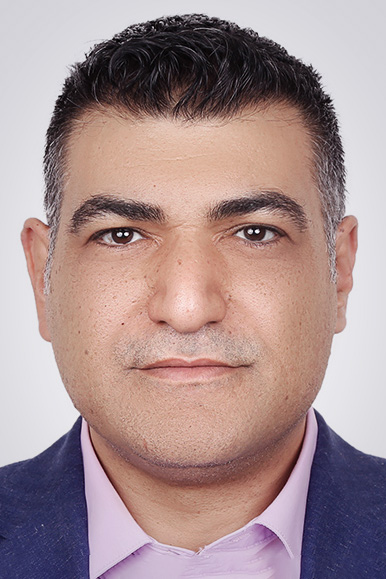 Internet governance is shifting from participatory forums to security-driven mandates. As authority accelerates ahead of legitimacy, technical systems face growing instability and operators absorb the risks of politically motivated control.
Internet governance is shifting from participatory forums to security-driven mandates. As authority accelerates ahead of legitimacy, technical systems face growing instability and operators absorb the risks of politically motivated control.
 As Internet governance fragments in 2026, authority shifts from open, multistakeholder forums to state-led security regimes, legal instruments, and alliance-based cooperation, challenging longstanding institutions and reshaping global norms through enforcement rather than consensus.
As Internet governance fragments in 2026, authority shifts from open, multistakeholder forums to state-led security regimes, legal instruments, and alliance-based cooperation, challenging longstanding institutions and reshaping global norms through enforcement rather than consensus.
 Despite deep geopolitical divides, the WSIS+20 outcome document was adopted by consensus, preserving a multistakeholder vision for the digital future while deferring controversial issues to a time more conducive to progress.
Despite deep geopolitical divides, the WSIS+20 outcome document was adopted by consensus, preserving a multistakeholder vision for the digital future while deferring controversial issues to a time more conducive to progress.
 Grenada advances its digital resilience by signing the Convention on the Packet Clearing House Organization, positioning itself to help shape global Internet governance while gaining coordinated support, stronger infrastructure, and a formal voice in decisions that influence worldwide connectivity and security.
Grenada advances its digital resilience by signing the Convention on the Packet Clearing House Organization, positioning itself to help shape global Internet governance while gaining coordinated support, stronger infrastructure, and a formal voice in decisions that influence worldwide connectivity and security.
 The hiQ ruling erased legal protections against commercial scraping, leaving infrastructure providers to absorb escalating costs. Without federal action defining data misappropriation, a free-rider AI economy could undermine open networks, investment, and long-term data integrity.
The hiQ ruling erased legal protections against commercial scraping, leaving infrastructure providers to absorb escalating costs. Without federal action defining data misappropriation, a free-rider AI economy could undermine open networks, investment, and long-term data integrity.
 Google's lawsuit against the Lighthouse phishing syndicate exposes the industrial scale of cybercrime, highlighting how criminals exploit easy access to digital infrastructure to scam millions. The broader supply chain enabling such operations demands urgent reform.
Google's lawsuit against the Lighthouse phishing syndicate exposes the industrial scale of cybercrime, highlighting how criminals exploit easy access to digital infrastructure to scam millions. The broader supply chain enabling such operations demands urgent reform.
 As ICANN prepares to expand the domain name space, calls grow for a public-law framework to govern the DNS root, ensuring global equity, transparency, and accountability in managing the Internet's core infrastructure.
As ICANN prepares to expand the domain name space, calls grow for a public-law framework to govern the DNS root, ensuring global equity, transparency, and accountability in managing the Internet's core infrastructure.
 Earlier this week, Poland’s new President, Karol Nawrocki, vetoed amendments to the Act on Assistance to Citizens of Ukraine, provoking debate over critical satellite connectivity. Deputy Prime Minister and Minister of Digital Affairs Krzysztof Gawkowski warned that the veto “de facto switched off Starlink for Ukraine,” potentially disrupting connectivity for hospitals, schools, and government operations.
Earlier this week, Poland’s new President, Karol Nawrocki, vetoed amendments to the Act on Assistance to Citizens of Ukraine, provoking debate over critical satellite connectivity. Deputy Prime Minister and Minister of Digital Affairs Krzysztof Gawkowski warned that the veto “de facto switched off Starlink for Ukraine,” potentially disrupting connectivity for hospitals, schools, and government operations.
 AI has revolutionized how we process information, optimize tasks, and conduct research. However, its integration into academia sparks ethical and practical debates. Should we limit its use? How can we assess a student's true knowledge if they employ these tools? This text explores these questions from the perspective of a technology expert who argues that banning AI is as absurd as rejecting calculators or spreadsheets in the past.
AI has revolutionized how we process information, optimize tasks, and conduct research. However, its integration into academia sparks ethical and practical debates. Should we limit its use? How can we assess a student's true knowledge if they employ these tools? This text explores these questions from the perspective of a technology expert who argues that banning AI is as absurd as rejecting calculators or spreadsheets in the past.
 The international community has long struggled with the challenge of translating international law into actionable norms and practices in cyberspace. The conclusion of the United Nations Open-Ended Working Group (OEWG) on the security of and in the use of information and communications technologies 2021-2025 marks a vital milestone in that ongoing process.
The international community has long struggled with the challenge of translating international law into actionable norms and practices in cyberspace. The conclusion of the United Nations Open-Ended Working Group (OEWG) on the security of and in the use of information and communications technologies 2021-2025 marks a vital milestone in that ongoing process.
 Two sets of authors sued Anthropic and Meta in San Francisco for copyright infringement, arguing that the companies had pirated their works to train their LLMs. Everyone agreed that a key question was whether fair use allowed it, and in both cases, the courts looked at the fair use issue before dealing with other aspects of the cases. Even though the facts in both cases were very similar, last week, two judges in the same court wrote opinions, coming to very different conclusions. How can that happen? Is fair use broken?
Two sets of authors sued Anthropic and Meta in San Francisco for copyright infringement, arguing that the companies had pirated their works to train their LLMs. Everyone agreed that a key question was whether fair use allowed it, and in both cases, the courts looked at the fair use issue before dealing with other aspects of the cases. Even though the facts in both cases were very similar, last week, two judges in the same court wrote opinions, coming to very different conclusions. How can that happen? Is fair use broken?
 As the global digital order enters an era of intensifying geopolitical tension, debates over digital sovereignty have re-emerged as a defining fault line in Internet governance. At stake is not merely who controls data or infrastructure within national borders but whether the vision of a globally interoperable, open Internet, one of WSIS's founding principles, can be meaningfully sustained.
As the global digital order enters an era of intensifying geopolitical tension, debates over digital sovereignty have re-emerged as a defining fault line in Internet governance. At stake is not merely who controls data or infrastructure within national borders but whether the vision of a globally interoperable, open Internet, one of WSIS's founding principles, can be meaningfully sustained.
 Today, the Supreme Court will consider a challenge to the universal service subsidy program established soon after the introduction of telephone service by the AT&T Bell System and later officially adopted by the FCC as mandated by a 1996 law.1, 2 Universal service funding supports access to telephone and broadband service by subscribers in rural locales that commercial ventures will not serve absent a subsidy.
Today, the Supreme Court will consider a challenge to the universal service subsidy program established soon after the introduction of telephone service by the AT&T Bell System and later officially adopted by the FCC as mandated by a 1996 law.1, 2 Universal service funding supports access to telephone and broadband service by subscribers in rural locales that commercial ventures will not serve absent a subsidy.
 US Senators Move to Shield Undersea Internet Cables from Global Threats
US Senators Move to Shield Undersea Internet Cables from Global Threats Colombia Avoids $350 Million Lawsuit Over “.co” Domain Dispute
Colombia Avoids $350 Million Lawsuit Over “.co” Domain Dispute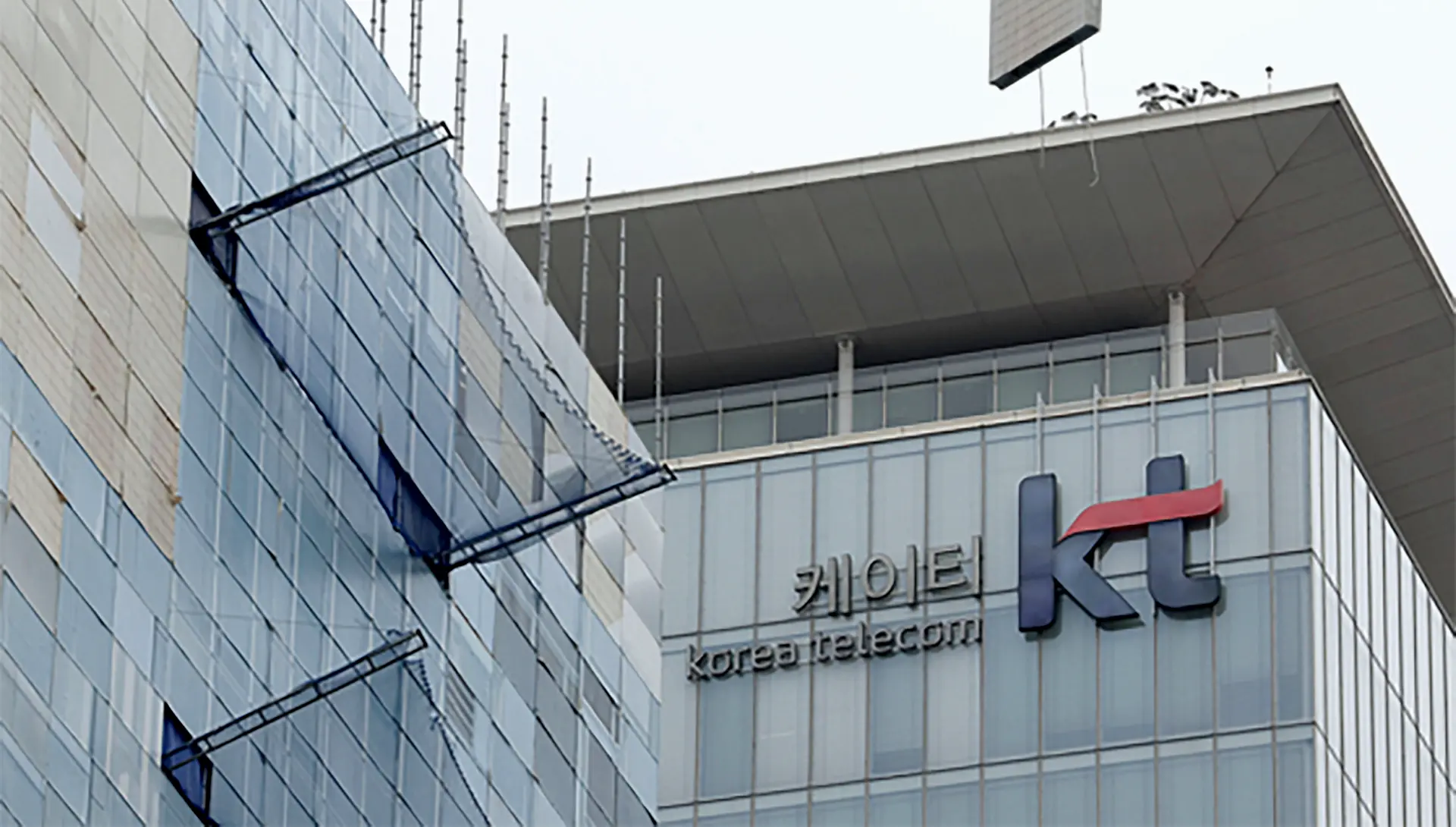 South Korean Telecom Giant KT Corporation Accused of Infecting 600,000 Users with Malware Over Torrent Use
South Korean Telecom Giant KT Corporation Accused of Infecting 600,000 Users with Malware Over Torrent Use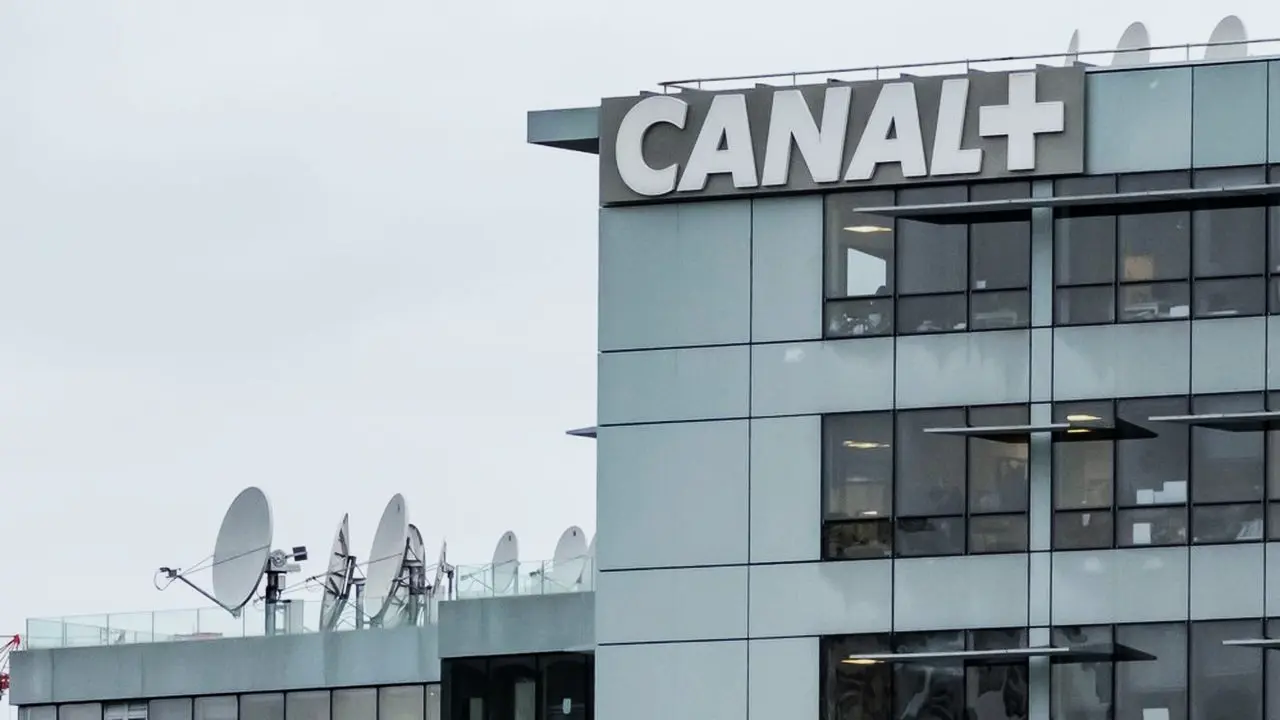 French Court Orders Google, Cloudflare, Cisco to Poison DNS in Anti-Piracy Crackdown
French Court Orders Google, Cloudflare, Cisco to Poison DNS in Anti-Piracy Crackdown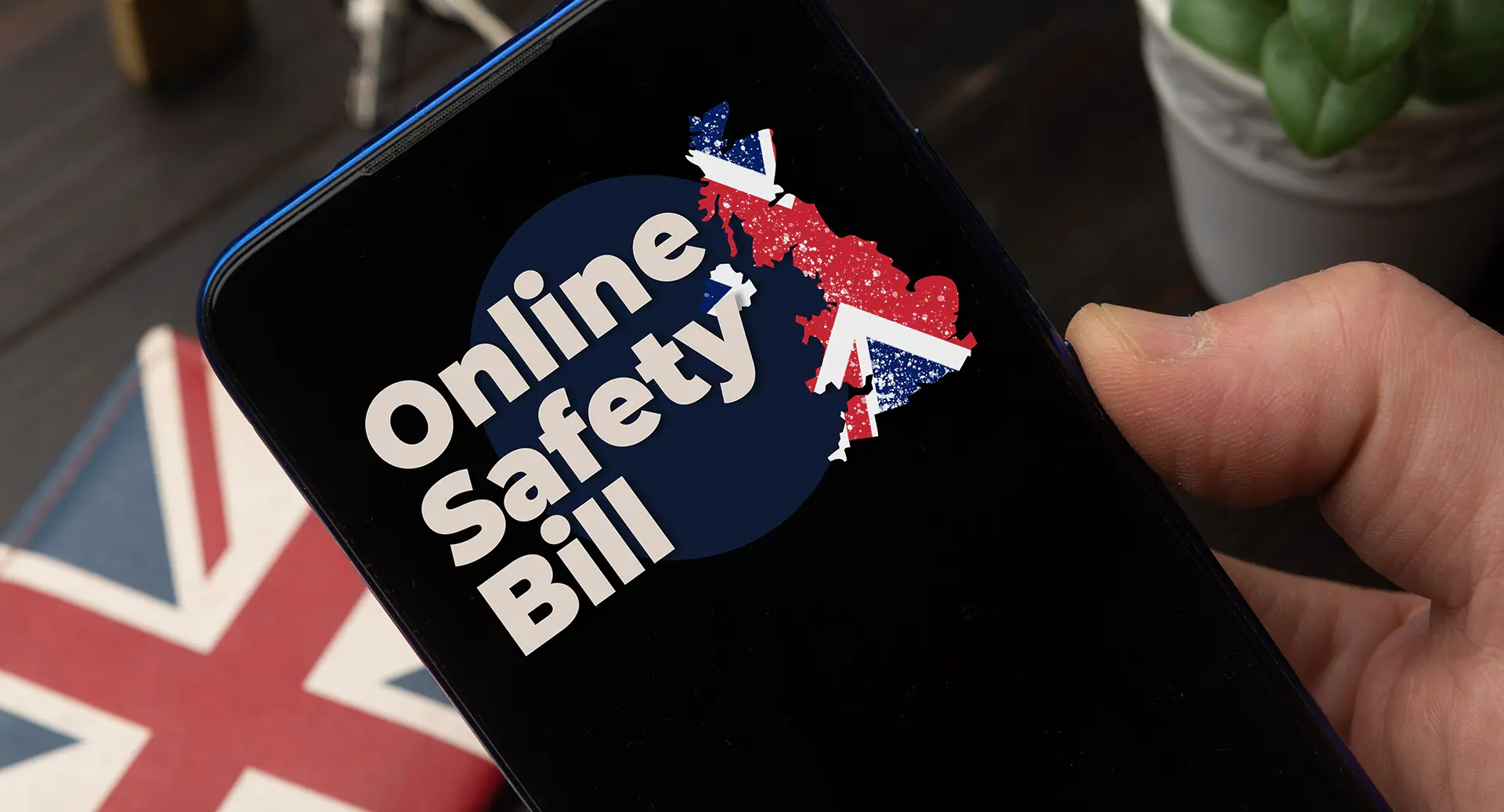 UK Online Safety Act Becomes Law Amid Controversy
UK Online Safety Act Becomes Law Amid Controversy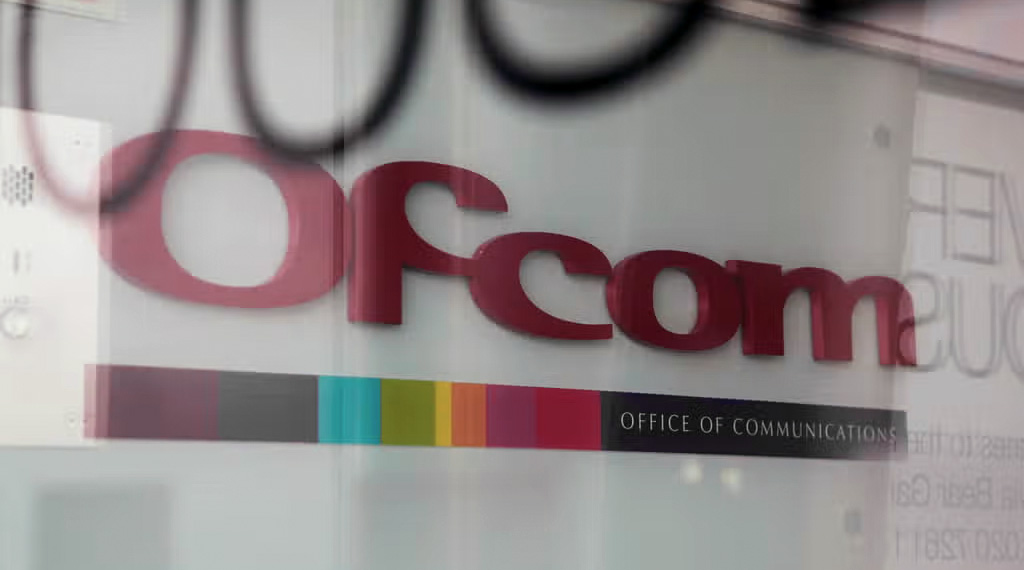 Online Safety Bill: UK’s Digital Overhaul
Online Safety Bill: UK’s Digital Overhaul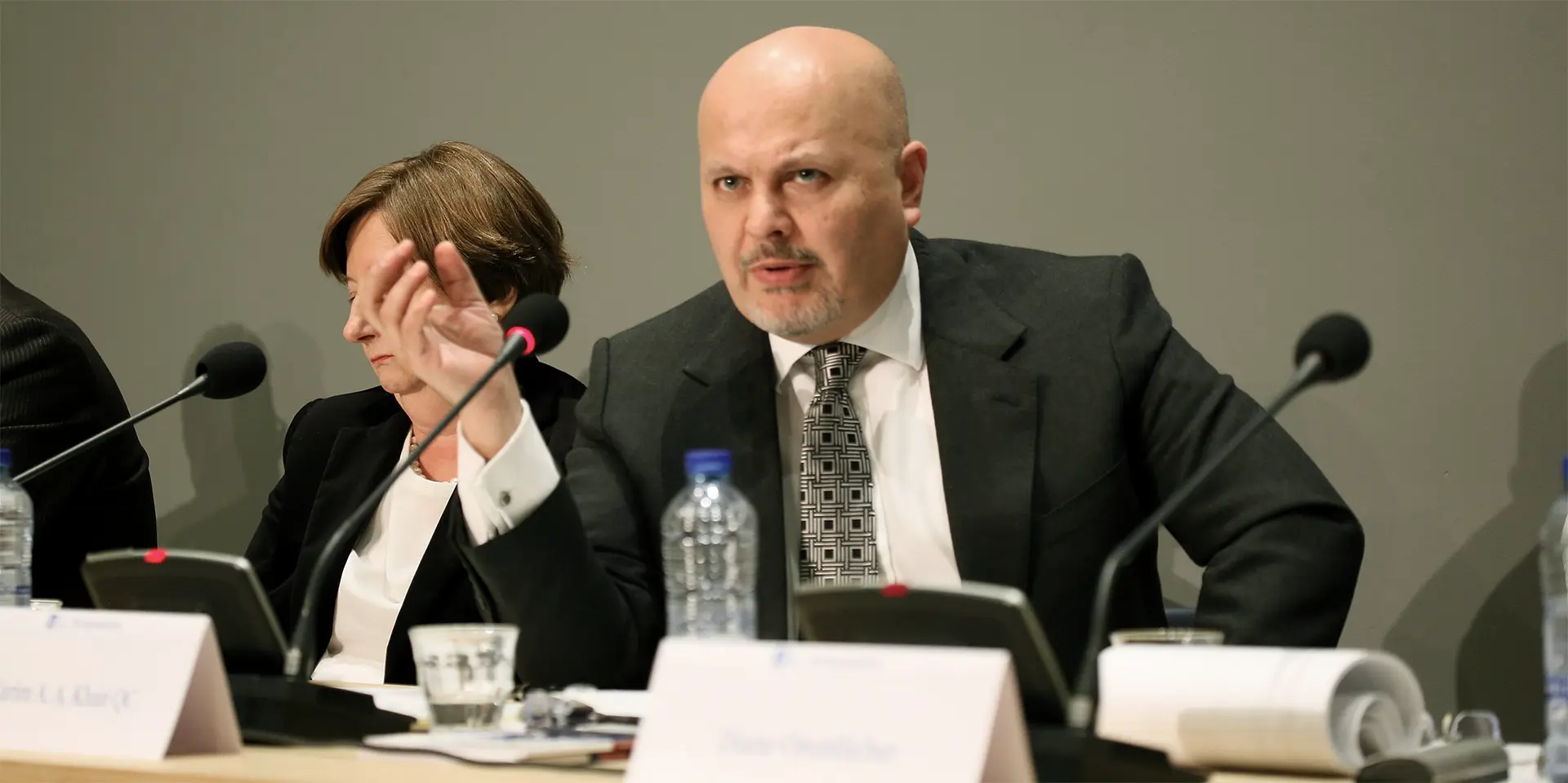 The Hague to Probe Cyberwarfare Under Existing International Law
The Hague to Probe Cyberwarfare Under Existing International Law EU Lawmakers Call for Further Talks to Strengthen Proposed US Data Transfer Pact
EU Lawmakers Call for Further Talks to Strengthen Proposed US Data Transfer Pact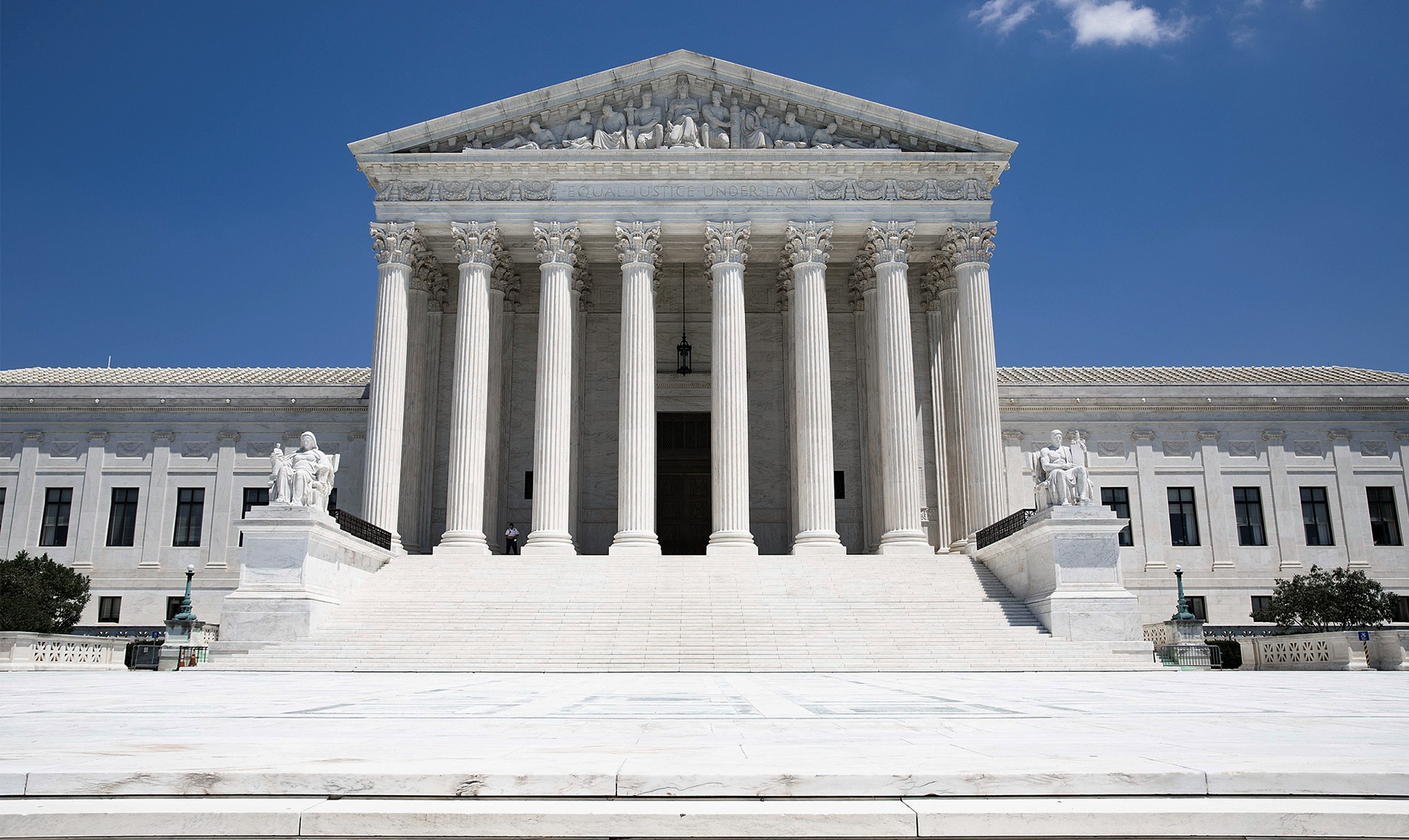 Supreme Court Declines to Hear Wikimedia Foundation’s Challenge to NSA Surveillance
Supreme Court Declines to Hear Wikimedia Foundation’s Challenge to NSA Surveillance